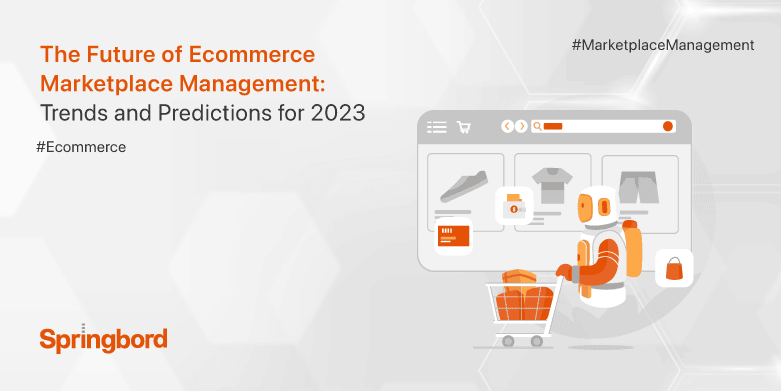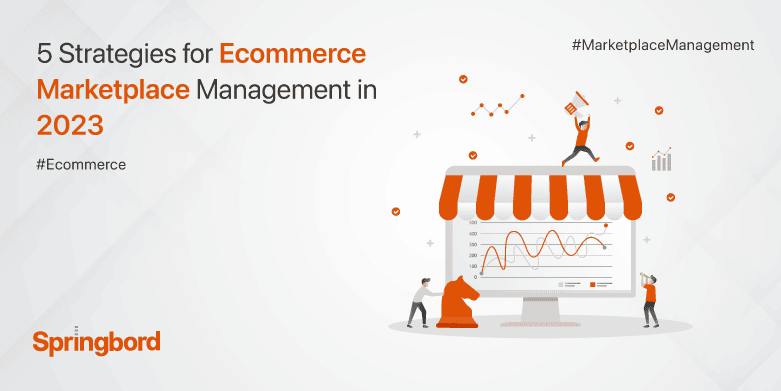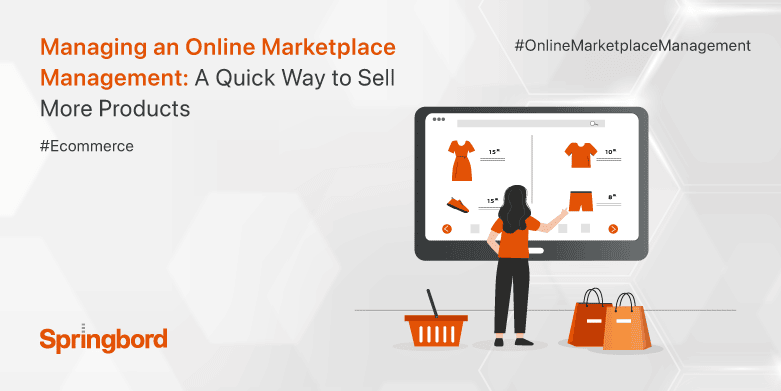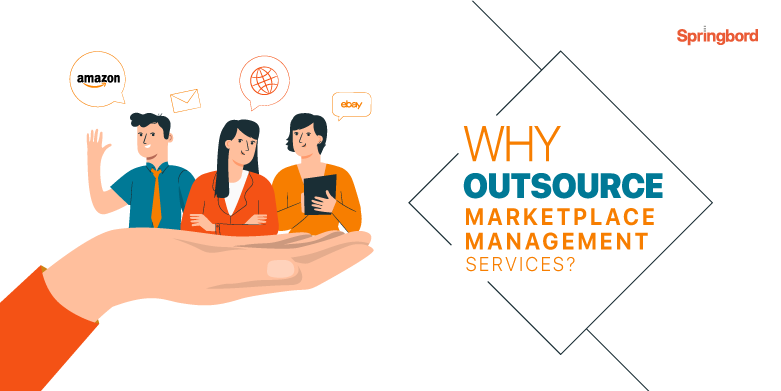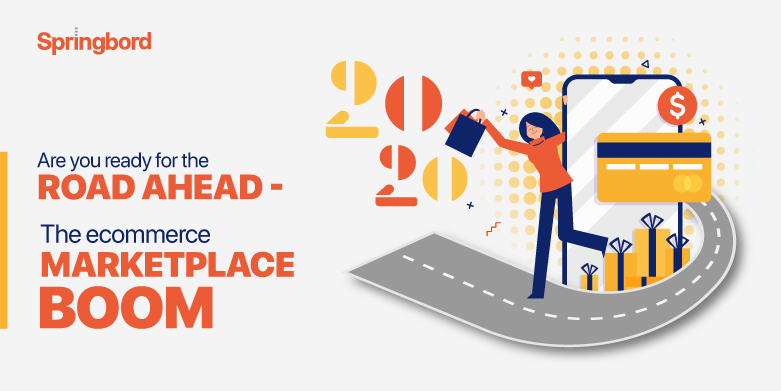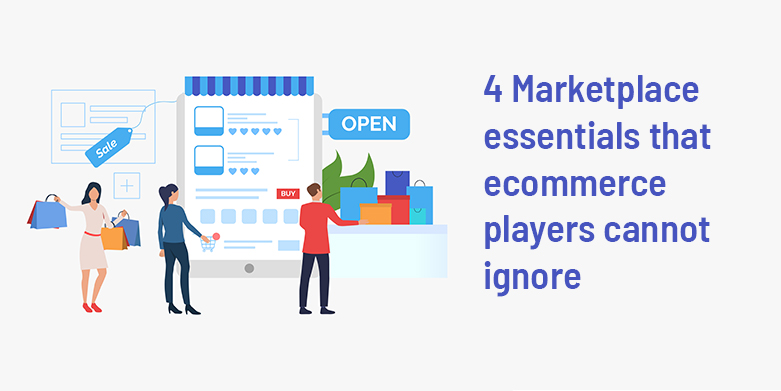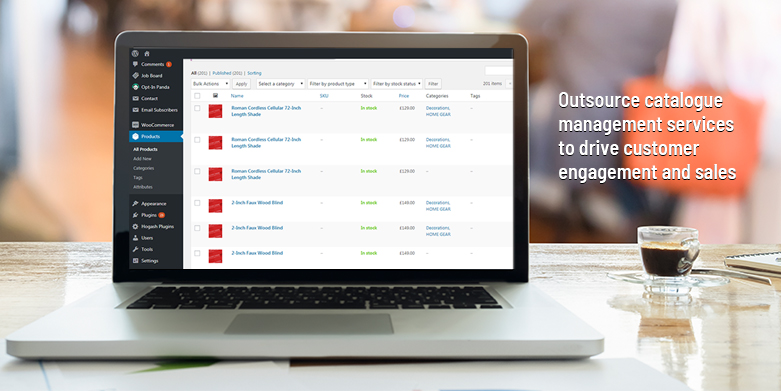The necessity for efficient Ecommerce administration has grown in tandem with the booming e-commerce sector of the modern economy. Keeping abreast of developments and forecasts in this area is crucial as we approach 2023. This article will explore The Future of Ecommerce Marketplace Management, focusing on new developments and offering predictions for the years ahead.
As we head into 2023, the world of e-commerce continues to evolve and adapt to new trends and consumer demands. The pandemic has accelerated the shift toward online shopping, and retailers must stay ahead of the curve to remain competitive. Effective e-commerce marketplace management is key to success in this space, but it can take
Ecommerce inventory management refers to businesses’ processes and strategies to manage their product inventory for online sales. Effective ecommerce inventory management is essential for any online retailer, as it helps to ensure that products are always available to customers while minimizing the costs associated with storing excess inventory. By optimizing inventory levels and streamlining supply
Are you ready to ramp up your online business? One way to do this is through marketplace management, which can help you sell your products faster and more efficiently. In today’s fast-paced digital world, it’s more important than ever to have a strong online presence and a streamlined sales process. Marketplace management involves optimizing your
Greater brand visibility, access to wider audience and ability to reach global markets are some of the key benefits that retailers can gain by selling on ecommerce marketplaces. Amazon, Flipkart (India), and eBay, these marketplaces have achieved incredible success, proving to be one of the most profitable models when it comes to online retailing. However,
Global ecommerce is estimated to reach approximately $5 trillion by 2021. It is not surprising considering how every online retailer irrespective of the size is increasingly selling their products on the marketplaces. In fact, based on the massive success of popular marketplaces, we saw a whole new wave of marketplaces emerging across B2B and B2C
Marketplaces have played a crucial role in shaping the expectations of modern consumers. Extensive range of brands, plethora of product choices, competitive and low prices, personalized experience, seamless checkout and above all mostly free and fast delivery – have completely redefined the ecommerce space. From Amazon, Google to Facebook, all these giants are rapidly evolving
Over 2 billion people globally are expected to buy products and services online by 2021. As ecommerce becomes mainstream, customers are increasingly demanding rich and consistent online experience that can help them make informed choice and buying decision. To cater to this demand, sellers are adopting multichannel selling approach to tap into larger target audience
Retail continues to change rapidly, driven largely by consumer expectations and emerging technologies. Not only millennials but all consumers now expect ecommerce services that offer reliability, convenience, speed and security. One big trend that shows no signs of slowing down is the demand for custom retail experiences. This often involves face-to-face encounters but can also
E-commerce is becoming increasingly accessible and consumers are shopping on the go. The convenience of shopping anytime, anywhere makes online shopping a preferred medium of purchasing. Additionally, there are more stringent shopping and safety standards that assure consumers of a great shopping experience in a secure environment. However, despite all these, online purchases haven’t necessarily
- 1
- 2


